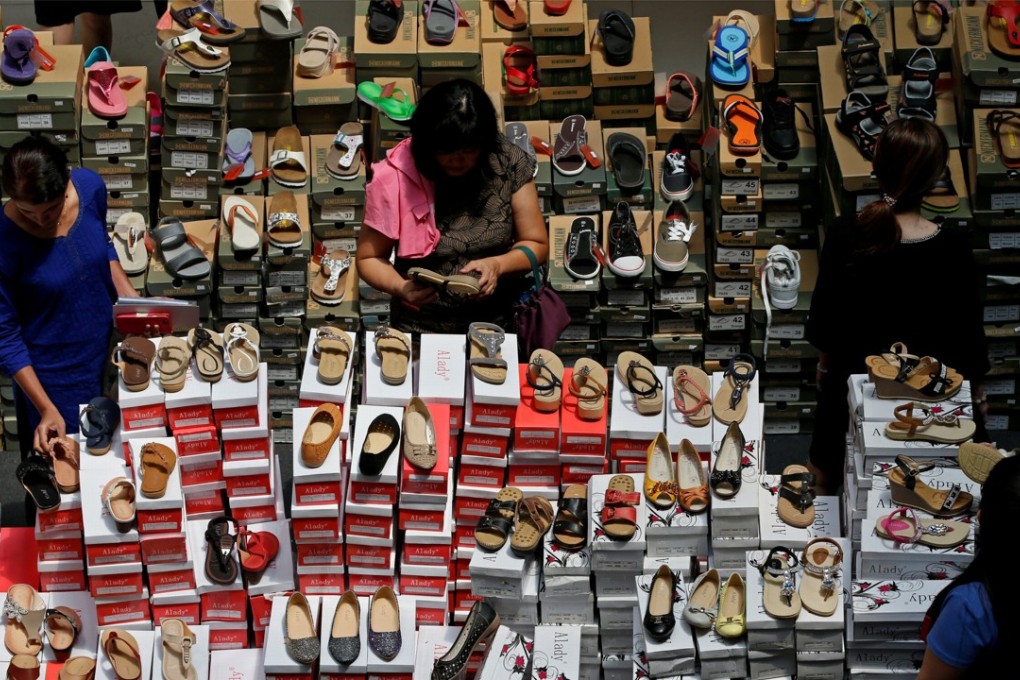Advertisement
How your personal data could make shopping more expensive as retailers anticipate how much you can pay
Maria Gonzalez-Miranda and Ivailo Izvorski say online shopping was supposed to bring down prices for consumers but big data has changed the game in an unexpected way
Reading Time:3 minutes
Why you can trust SCMP

Information technology is not just transforming markets; it is also making them ubiquitous, particularly for household consumers. From pretty much anywhere in the world, one can now search for goods and services, compare prices from multiple sellers, and give detailed shipping and delivery instructions, all with the click of a mouse or a screen tap.
No doubt, this is a dream come true for anyone who grew up shopping in real, hands-on markets, with sellers displaying their wares on store shelves, on public squares or along dusty roads. In many cases, routine purchases required long waits or extensive bargaining. But with online markets, savings are generated in many dimensions and transaction costs are sharply reduced at all stages.
Advertisement

Advertisement
Online markets have the potential to improve consumer welfare substantially, by fuelling competition on price, efficiency and customer experience, whether through search engines or single platforms such as Amazon. And if consumers spend smaller shares of their disposable income on each purchase, they will have room to consume more, thus boosting overall economic activity.
Advertisement
Select Voice
Choose your listening speed
Get through articles 2x faster
1.25x
250 WPM
Slow
Average
Fast
1.25x